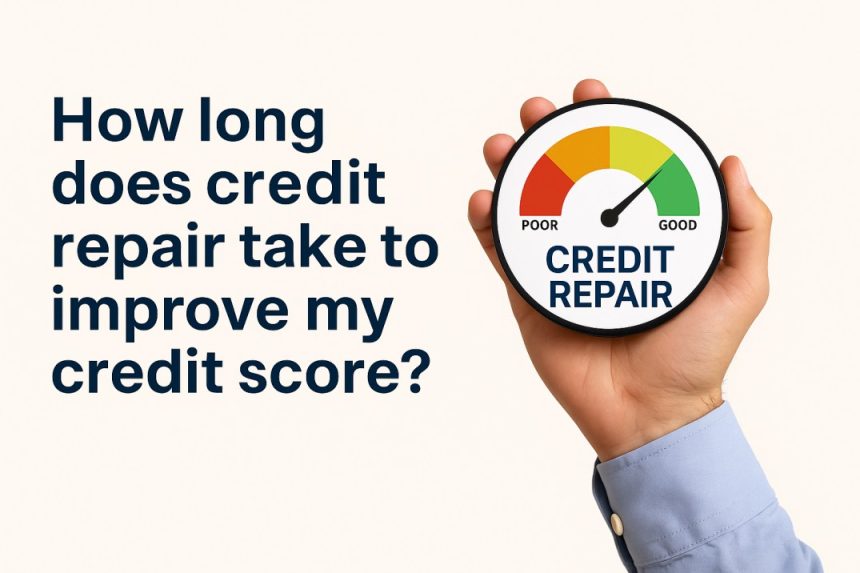One of the most common questions people ask is:
“How long will it take to improve my credit score?”
The truth is, there is no simple answer — because every credit record is different, and each person starts from a different place.
The time it takes to see real improvement depends on the condition of your credit report, the severity of the listings, and the amount of work required to repair and restore your profile.
What determines the time frame for credit repair?
Your credit score is shaped by your payment behavior, outstanding debt, and the overall health of your credit record.
If your report contains negative listings — like arrears, defaults, judgments, or a debt review flag — the repair process will take longer because each issue must be resolved individually and updated across multiple bureaus.
At Premier Finance, we see the average improvement time range from 3 to 36 months:
- Clients with fewer issues or scores already above 600 may improve within 3–6 months.
- Clients with more complex issues or a score below 500 may need 12–36 months to reach their target range.
In general:
👉 The higher your starting score, the shorter your credit repair journey.
👉 The more damaged your record, the longer it will take to stabilise and rebuild.
When is it safe to apply for new credit?
This is one of the most important parts of the credit repair journey — and also where many people go wrong.
Applying for new credit too early can damage the progress you’ve already made.
Every application triggers a credit check, and each check lowers your score slightly. If you apply multiple times, those small drops add up fast.
But there’s a bigger issue many people don’t realise:
All arrear debt must be paid before you apply for any new credit.
Here’s why:
When lenders assess your application, they check your arrears status on all your accounts — not just your score.
If they see any arrears, even small ones, they will pause your application and request:
- Proof that the arrears have been settled
- Updated payment letters from your creditors, or
- Confirmation that the account is fully up to date
If you cannot provide these, the application cannot continue and may be declined outright.
Arrears signal to lenders that you’re currently unable to meet your financial commitments, even if your overall score looks better.
Because of this, lenders will not proceed until all arrears are fully resolved and reflected correctly on your credit report.
⭐ The safest time to apply for new credit is when:
✔️ Your score is 650 or higher, and
✔️ Every arrear account is paid up and updated at all bureaus
This combination gives you the best chance of reaching offer stage and receiving a long-term credit approval with decent interest rates.
How to know how long your credit repair will take
Since no two credit records are the same, the fastest way to get an accurate estimate is to take a free credit repair assessment.
During this assessment, our legal partners review your credit record and determine:
- What’s affecting your score
- What can be removed or repaired
- What actions are required
- How long your repair process is likely to take
In some cases, you may be advised to complete a 4-in-1 credit assessment, which pulls detailed data from all four major South African credit bureaus (Experian, TransUnion, XDS, Compuscan).
This is an optional paid service and is recommended when:
- Your credit data is inconsistent across bureaus
- The cause of your low score is not immediately clear
- You need a deeper analysis for legal repair work
It provides a full picture of your credit health and helps create a more accurate and personalised repair plan.
Take Your First Step Toward a Better Credit Score
Credit repair takes time — but every bit of progress moves you closer to qualifying for long-term credit, better interest rates, and financial freedom.
If you’re ready to find out how long your credit repair journey will take,
👉 start with your free credit repair assessment.
You’ll receive personalized feedback, a realistic timeline, and a clear roadmap to rebuild your credit with the help of our legal partners.

